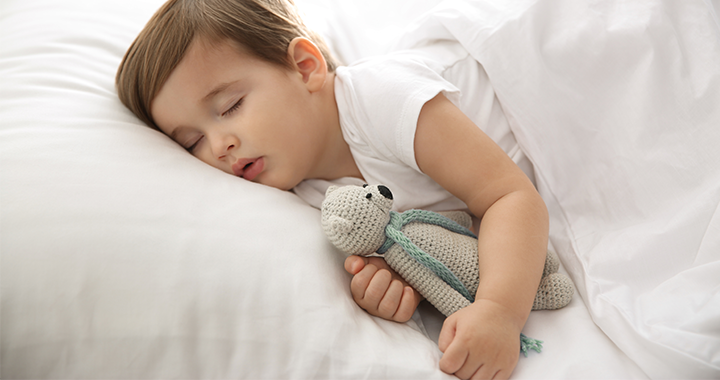
Write something
A confession from a napper
It took me 3 hours to fall asleep last night I love napping. Naps are a phenomenal way to recharge during the day, and unfortunately in our hustle culture, it's often looked down upon or just not possible with our busy schedules. Sometimes I wish I was born into a culture that approves of naps like the Spanish and their Siestas or the Italians and their Riposo. Here's the science. Napping is a phenomenal way to extend sleep. Anywhere between 20 (Power Nap) to 90 minutes have consistently shown to improve cognitive and physical function, which means better work and better athletic performance. Something to note here is that longer naps can often produce sleep inertia, which is that feeling of grogginess after you wake up. But napping can be a double edged sword. Late naps can make it incredibly hard to fall asleep. In "Sleep 101" we talk about the S process - sleep pressure that builds up over the day. Any sleep, including napping, will relieve some of that sleep pressure, and if your body and brain don't have enough time to build it back up, it may cause trouble falling asleep the following night. So: feel free to nap (in fact, if you're sleepy during the day, it is incredibly beneficial) . But be aware of the ways it might affect you. Play around with the length and timing, but my general recommendation is to limit naps to around half an hour and before 4 PM. This will allow your body to properly be tired when you tuck in at night, but still reap the benefits of a rejuvenating mid-day recovery. Sources: Botonis, P. G., Koutouvakis, N., & Toubekis, A. G. (2021). The impact of daytime napping on athletic performance – A narrative review. Scandinavian Journal of Medicine & Science in Sports, 31(12), 2164–2177. https://doi.org/10.1111/sms.14060 Lovato, N., & Lack, L. (2010). The effects of napping on cognitive functioning. In Progress in Brain Research (Vol. 185, pp. 155–166). Elsevier. 10.1016/B978-0-444-53702-7.00009-9
1
0

Wearing a sleep mask has drastically improved my sleep
Recently, thanks to Nic who recommended a sleep mask to me, my sleeps have been much more restful. Living in a condo, there is a lot of city light that subconsciously woke me up throughout the night. And in the mornings, I would be blasted with sunlight. I noticed on my sleep performance on WHOOP I was awake for close to 10% of my sleep, which seemed quite high. Since using a sleep mask consistently every night I’ve noticed 2 major changes. 1. The initial complete darkness has helped me fall asleep faster. 2. I am sleeping for more time (on average) and on my WHOOP my time awake has gone down from 10% to 3-5%. Now it feels weird sleeping without a sleep mask. I don’t think I’ll ever go back to sleeping without one on. I recommend everyone to wear a sleep mask. It has supremely helped my sleep and recovery.
1
1
New comment Jul 16

1-2 of 2

skool.com/neuraflow-9197
How's your sleep? Seriously. Want to crush your goals at work, in the gym, and in relationships? Good sleep is essential. That's what we're about.
powered by

